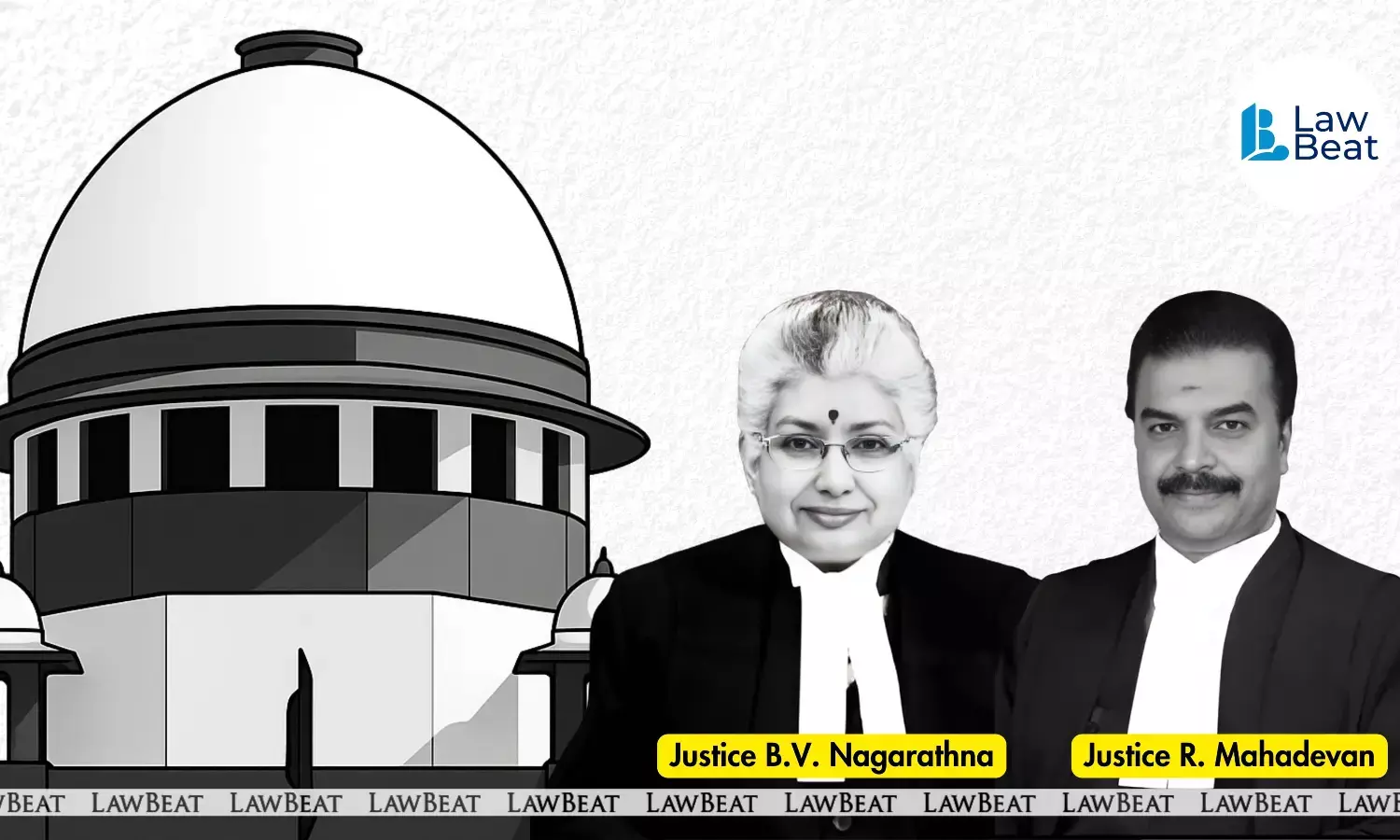SC Warns States of Ex-Parte Action, Fine Over Delay in Replies on Crimes Against Women PIL

Supreme Court quashes rape case against advocate, saying long consensual relationship is not rape on promise of marriage
The Supreme Court on Tuesday pulled up States and Union Territories for delays in filing responses to a public interest litigation (PIL) highlighting the alarming rise in crimes against women, particularly sexual offences.
The Bench of Justice B.V. Nagarathna and Justice R. Mahadevan was hearing the matter. The PIL, which had been admitted on September 13, 2024, had already seen notice issued by the Court.
When the matter was taken up, the Counsel for Karnataka sought two more weeks to file the state’s response.
Justice Nagarathna directed that all responses must be submitted to Additional Solicitor General Archana Pathak Dave, who would compile them.
Recording the position, the Court said: “Learned counsels for respective states/ Union Territories seek time to file their responses to the petition. List after four weeks, on September 23.”
Counsel for the petitioner informed the Bench that Nagaland, Bihar and the Ministry of Law had already filed their affidavits.
The Bench, however, issued a clear warning that states failing to comply would face consequences. “Those states who don’t file the reply, the bench will proceed ex-parte against them and impose fine also,” the Court said.
The matter will be taken up next on September 23, 2025.
Notably, on May 6, the Court had proposed introducing two weekly periods dedicated to moral education and citizenship values in all schools across the country; both government and private. Pressing further on moral education, Justice Nagarathna had observed, “Why can’t there be two classes in a week for this subject in all government and private aided and unaided schools in the country? It will help the children.” She further remarked that children could potentially influence their families with the values they learn in school, noting, “The children can even educate their parents about it, if they are interested in school.”
Senior Advocate Aabad Harshad Ponda, who had appeared virtually, called for systemic reforms in education as a preventive mechanism to curb crimes, particularly those targeting women.
Ponda, with over three decades of experience in criminal law, primarily at the Bombay High Court, underscored in his petition that India’s existing legal framework, although stringent in punishing sexual offences, has not curbed the rising number of such crimes.
The PIL emphasized that punitive action after the crime is insufficient and that preventive steps through education and awareness are the need of the hour. The petitioner highlighted the existing disconnect between the legislature's intent and the public's awareness of the law. “The challenge is not merely punishing offenders, but ensuring that such crimes are not committed in the first place,” the petition stated, arguing that laws must be made accessible and understandable to the public, especially the youth.
Referring to the legislative developments following the 2012 Nirbhaya case, the PIL noted that despite harsher punishments introduced since then, the frequency of rape cases has not declined. “Despite the rape laws being made more stringent post-Nirbhaya, this crime only seems to be on the rise,” the petition stated, warning against a “knee-jerk reaction” of further increasing punishments. It further raised constitutional concerns over recent legislative moves in states like Maharashtra, Andhra Pradesh, and West Bengal that seek to introduce mandatory death penalties for rape-cum-murder cases. The petition referred to the Supreme Court’s ruling in Mithu v. State of Punjab (1983) which held that mandatory death penalties violate fundamental rights and cannot be sustained under the Constitution.
Additionally, the petitioner cautioned against the misuse of stringent provisions, citing risks of false accusations and denial of due process, including anticipatory bail. The PIL argued that justice must be tempered with fairness and that preventive education is more effective than reactionary harshness. Seeking broader societal reform, the petition called for the inclusion of moral education and gender sensitivity in school curriculums. It advocated for gender equality training to begin early, particularly among boys, to change attitudes that normalize or tolerate violence against women.
Case Title: Aabad Harshad Ponda v. Union of India & Ors.
Hearing Date: August 19, 2025
Bench: Justice BV Nagarathna and Justice R. Mahadevan
